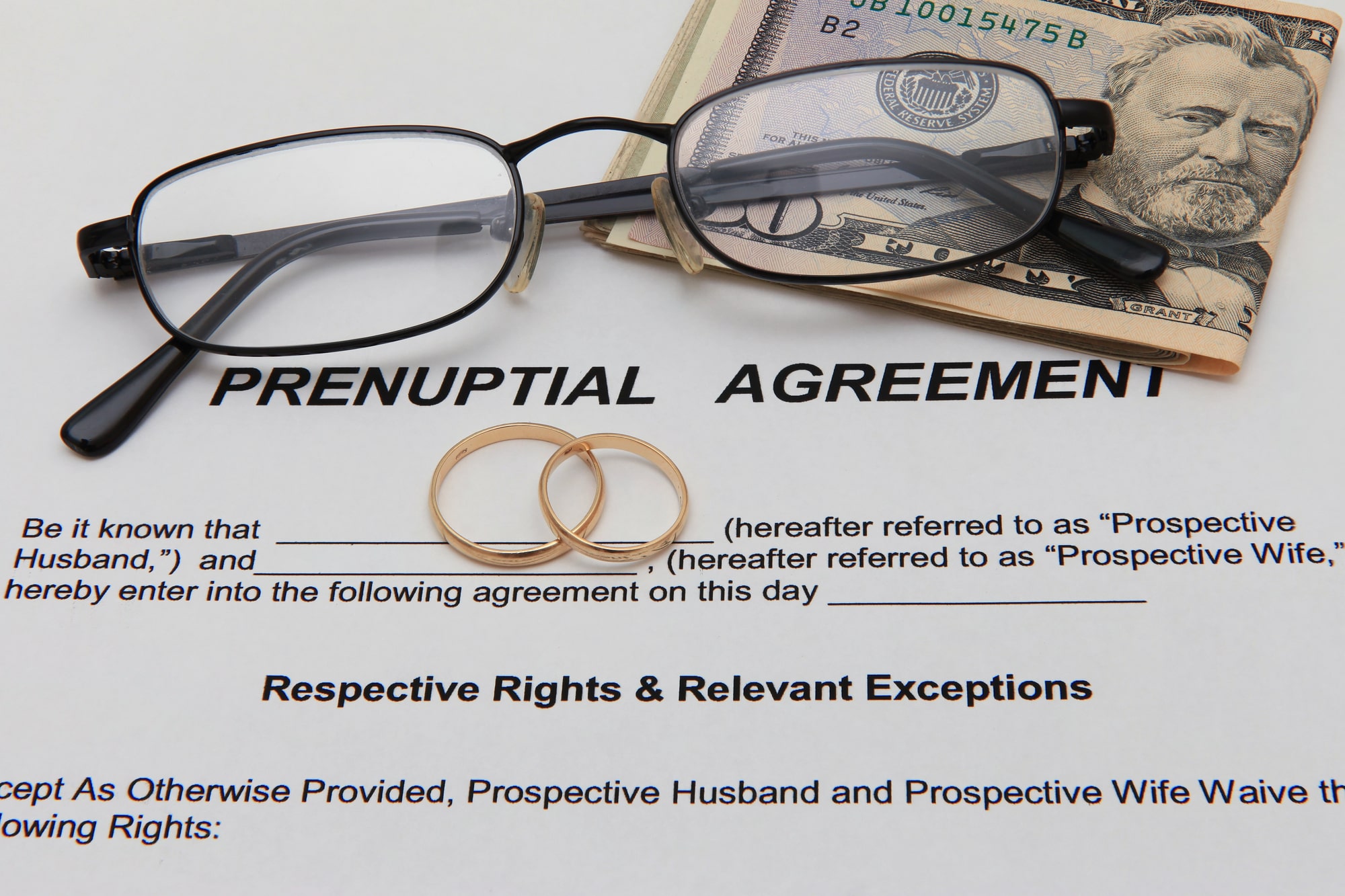
When most people hear “prenup,” their minds jump to celebrity marriages and billion-dollar estates. But the truth is, prenuptial and postnuptial agreements aren’t just for the wealthy, they’re practical tools for any couple who wants to plan their future with clarity and mutual respect as our Arlington family lawyer who has received a 10.0 rating by Avvo can explain.
Whether you’re newly engaged or already married, understanding the difference between a prenup and postnup can help you protect your assets, reduce conflict, and strengthen your partnership.
What’s The Difference Between A Prenup And A Postnup?
● Prenuptial Agreement (Prenup): A prenuptial is a legal contract made before marriage that outlines how assets, debts, and financial responsibilities will be handled in the event of divorce or death.
● Postnuptial Agreement (Postnup): A postnuptial agreement is similar to a prenup, however is signed after a couple is already married.
The key difference between the two is timing. Both can address property division, spousal support, and more, the only distinction is whether you’re signing the agreement before or after you are married.
Myth #1: “Only Rich People Need A Prenup”
Many people believe that prenuptial agreements are only for the wealthy, however this is not the case. If you have assets such as a 401(k), student loans, a house, a business, or even just a pet, a prenup and postnup may be worth considering.
A scenario that illustrates this is the instance in which both you and your partner have student loan debt, but only one of you owns a home. By making a prenup or postnuptial agreement you can clearly outline who is responsible for which debts and ultimately protect property gained before the marriage.
This reality allows the outlining of fairness and transparency between your spouse and yourself, and not fortune.
Myth #2: “Talking About A Prenup Means You’re Planning To Divorce”
Some people argue the creation of a prenuptial or postnuptial agreement points toward a future of divorce. This is not the case. A prenup or postnup can act in the nature of a seatbelt, you hope you don’t need it, but it is there if you do. By making an agreement as such, one can encourage honest conversations about money, values and expectations.
Myth #3: “We Can Just Figure It Out Later”
In waiting to create a prenup or postnup you can complicate things. Without a drawn out prenup or postnup, the division of your property is subject to state law. This could mean losing specific assets such as retirement accounts, inheritance, or even small businesses.
A scenario in which this may come to be a reality is the instance in which one spouse starts a side business that unexpectedly becomes profitable. Without a prenup or postnup, this business could be considered joint property in a divorce, even if only one partner built it.
How To Decide Between A Prenup Or Postnup?
● Choose a Prenup If…
You’re engaged and want to address finances before marriage. It’s typically easier to discuss money when you’re planning a life together and not in the midst of a conflict. A prenup is meant to protect both of you and help you from the start.
● Choose a Postnup If…
You’re already married and something significant has changed, a new baby, inheritance, business venture, or even a rough patch you’re working through. A postnup can help redefine the rules and protect both partners.
Final Thoughts On How Protection ≠ Lack Of Trust
Having a prenup or postnup doesn’t mean you’re expecting the worst. It means you’re mature enough to prepare for the unknown, and that you care enough to protect each other, no matter what the future brings.
These agreements aren’t about predicting a breakup, they’re about preserving your peace of mind. If you are ready to get one of these drafted, contact the Brandy Austin Law Firm to speak with one of our lawyers who has been rated by Super Lawyers.
